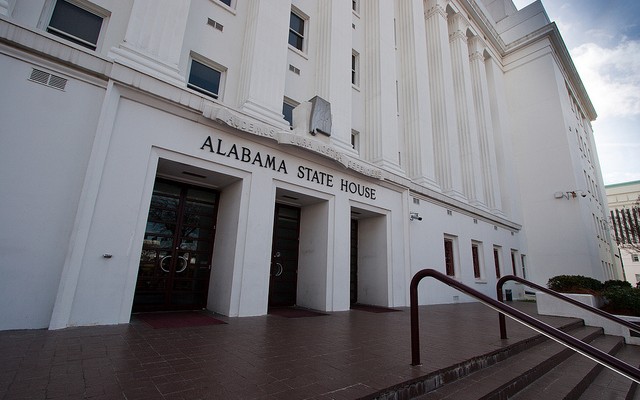Alabama’s Senate Tourism and Marketing Committee met on August 16 to review the state lottery bills that were submitted as both proponents and opponents of the bills shared their views with the senate committee. In the end, it did not take the committee a long time to vote in favor of the two bills which was introduced by Republican Senator Jim McClendon.
One of the bills introduced by Sen. McClendon is backed by Governor Robert Bentley and pushes for a state lottery with no other forms of casino gambling. The second bill is one that Sen. McClendon introduced himself which pushes for the state lottery along with video lottery terminals that will be installed at racetracks and dog tracks in Alabama. The second bill also makes a distinction as to how the funds generated will be split between educational budgets and the general fund.
Alabama has struggled to raise funds to finance its state budget and required $785 million to fund Medicaid for the next year. Governor Bentley believes his proposal will generate around $225 million from the state lottery which can be used to fund the Medicaid budget. Sen. McClendon’s proposal estimates that between the state lottery and video lottery terminals $427 million can be raised annually. Mac McArthur, the director of the Alabama State Employees Association told the committee that he feels the state lottery is the best solution for the state to raise these much needed funds.
There were also arguments made to the senate committee to prevent both bills from being approved on the basis that the state lottery preyed upon the desires of the underprivileged who wanted to strike it rich and have a better life. One of those individuals who opposed the state lottery was Luther Strange, the Alabama Attorney General. Strange stated that approving the state lottery would not solve the problems with the state budget but would in turn open loopholes for casino gambling to take place in the state.
In a statement, Strange said “My office has reviewed the governor’s proposed constitutional amendment (SB3). If the amendment passes as proposed and is followed by responsible enabling legislation, my legal team believes it will create a limited lottery without the kinds of loopholes that will lead to casino gambling or protracted litigation. However, if Sen. McClendon’s proposed constitutional amendment (SB11) passes, my legal team believes it will not only allow for a lottery, but will lead to casino gambling and protracted litigation.”
The committee heard both sides and in the end decided to vote in favor of both Gov. Bentley and Sen. McClendon’s bills and it will now be left to the Senate to decide if it is going to legalize the state lottery and which bill it will approve.



